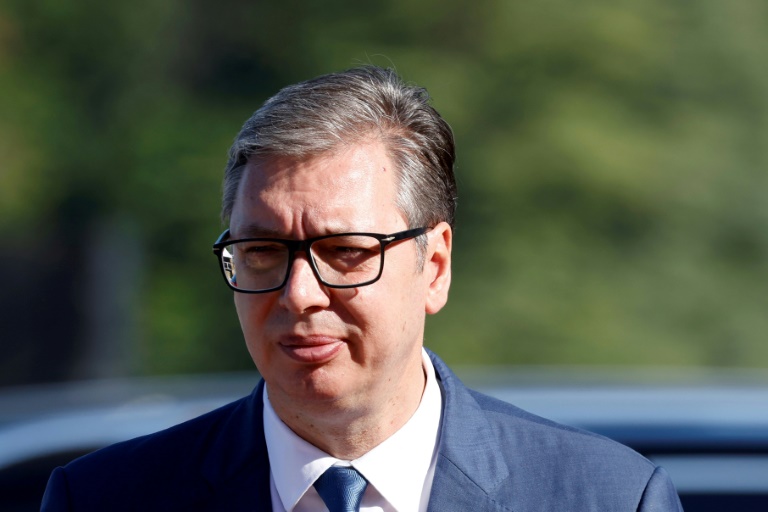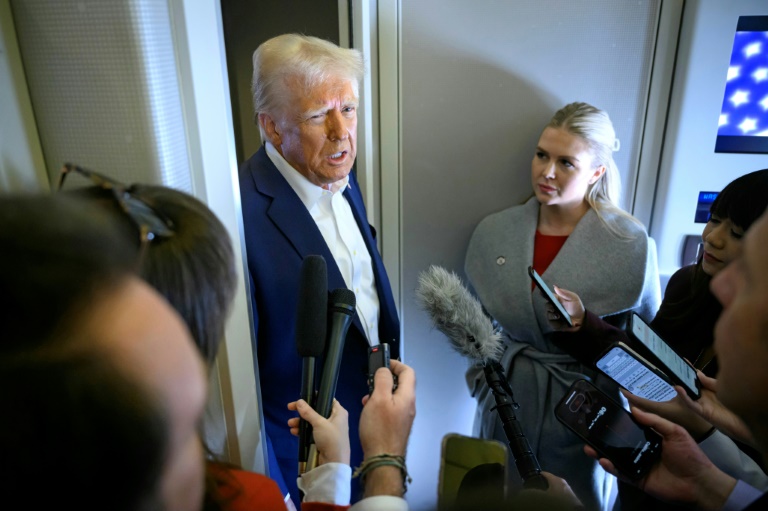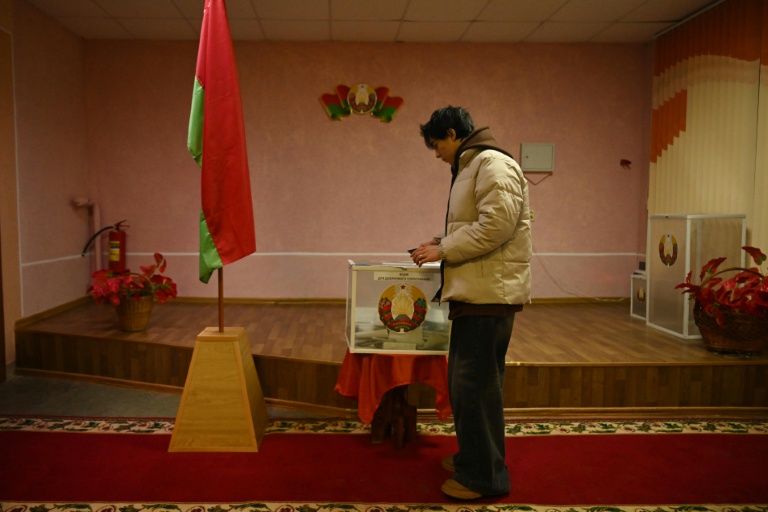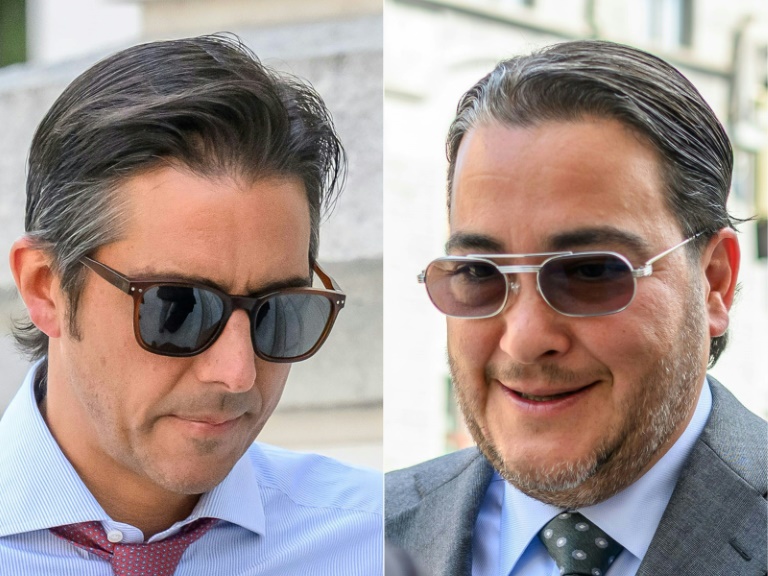President Aleksandar Vucic told AFP on Wednesday that Serbia expects to sign a “huge” deal for French fighter jets during a visit this week from France’s leader, an agreement estimated to be worth billions of dollars.
Vucic made the comments ahead of President Emmanuel Macron’s two-day visit to Serbia that kicks off on Thursday, with the duo expected to sign a range of bilateral deals during the trip.
The Serbian president did not specify the number of French Rafale jets that would be purchased or the final cost of the contract if the agreement is signed.
“It’s a huge contract for this country, and it’s not a small contract even for France,” said Vucic during an exclusive interview with AFP, describing what is anticipated to be a multi-billion dollar agreement.
In the past, Serbia’s ministry of defence has said the country was looking to buy 12 planes from Paris to replace its ageing fleet of fighter jets.
Last year, Vucic hinted Belgrade was ready to spend an estimated three billion euros for the possible purchase of the French warplanes.
“Most of our aircrafts, or all of our aircrafts, all of our interceptors and all of our fighting jets were coming from Russia, and now we need to change ourselves, our habits and everything else in order to prepare our military,” Vucic added.
If signed, the deal would be the latest in a string of arms deals inked with Europe, China and Russia made possible by a surge in spending by Belgrade in the past decade.
Macron’s visit comes as Vucic continues to juggle the long-sought goal of joining the European Union, while addressing domestic concerns over what exactly that might entail.
Vucic is facing a backlash over his government’s decision to re-issue licenses to Anglo-Australian mining giant Rio Tinto to develop a controversial lithium mine, after the country’s top court overturned an earlier decision to halt operations.
The future of the vast mineral deposits located near the western city of Loznica has been a political flashpoint in the Balkan country for years, with critics of the project saying the mine threatens to pollute a vital water source.
Vucic remained firm on his support for the project.
“We’ll remain tenacious and tough on this because we believe that’s of the utmost importance for Serbia and that’s for the benefit of Serbian people,” the president told AFP.
Many in Serbia, however, remain opposed to the project.
Tens of thousands have taken to the streets to protest the government reversal with the mine and a subsequent deal inked with the EU to develop the supply of lithium to the bloc that is seen as a crucial building block to achieve Europe’s transition to a green economy.







